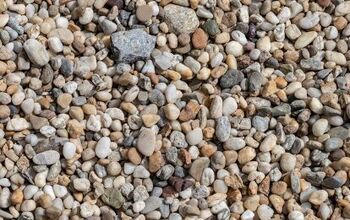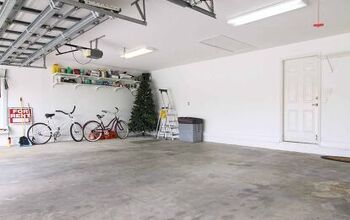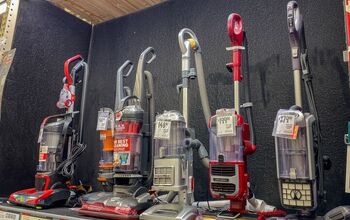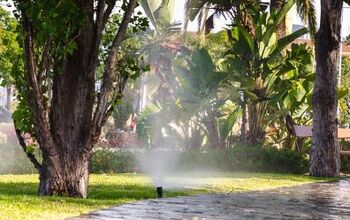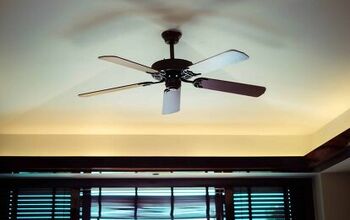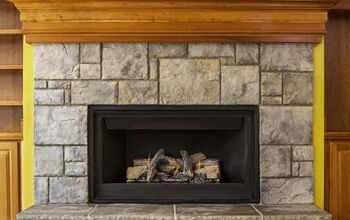Does A Roof Coating Stop Leaks?

Leaks in your roof are not only a nuisance, but they can be expensive to fix. Many homeowners search for cheap, quick fixes for roof leaks so that they can avoid costly repairs. Roof coatings have tons of benefits, but are they effective in stopping leaks?
Roof coatings can stop minor leaks and prevent future leaks, but major leaks should always be repaired before coating installation. As a protective roof layer, roof coatings create waterproof seals, and those with reflective qualities can even provide energy savings. Investing in a roof coating is a wise choice that can extend your roof’s lifespan by offering excellent protection.
This article will cover whether it’s worth it to invest in a roof coating and whether it can stop leaks. It’ll also talk about sealants for metal roof leaks and what to put on your roof to prevent leaking.
Do You Need Roofing, Siding, or Gutter Installers?
Get free, zero-commitment quotes from pro contractors near you.

Should I Invest In A Roof Coating?
Roof coatings add a protective layer to your roof. From a cost perspective, paying for a roof coating is much cheaper than replacing your roof. Plus, roof coatings extend the lifespan of your existing roof.
Other benefits of investing in a roof coating include energy savings and a reduction in your carbon footprint. (This applies if you select a reflective roof coating.) In addition, roof coatings expand and contract with weather changes, providing constant protection for your roof.
A notable advantage of roof coatings is that they help prevent leaks by eliminating roof seams. Whether you should invest in a roof coating depends, but it’s generally worth it, thanks to its many benefits.
Does A Roof Coating Stop Leaks?
Most roof coatings can stop minor leaks, but not major ones. Before the roof coating is applied, it’s best to repair and dry the roof.
Roof cleaning is required for a roof coating to be installed correctly. After cleaning, any holes and cracks should be repaired, eliminating leaks. Then, the roof coating can be installed.
Once installed correctly, roof coatings can help prevent future leaks. However, they should not be thought of as a fix for existing leaks.
Is Roof Coating Waterproof?
Roof coatings create a waterproof seal on your roof and are effective in preventing leaks. However, they only waterproof the roof substrate. They aren’t designed to be traffic-bearing and can’t hold up to ongoing use by vehicles or people.
Best Sealant For Metal Roof Leak
There are a couple of different options when selecting the best sealant for metal roof leaks.
High-Solids Polyether Or Silicone Sealant
Generally, either a high-solids polyether or silicone sealant is best for metal roofs. Both of these sealants come in various pigment shades. This makes them ideal because they blend in with your roof’s color and form a solid seal.
Both sealants have excellent metal adhesion, are UV stable, and have great physical and weathering properties. For areas with warmer climates, silicone sealant is often preferred.
Roof Tape
Roof tape is also highly efficient and effective for repairs. It’s ideal for leaks that form along gaps and seams on low-slope metal roofs. You’ll want to look for high-quality, watertight roof tape that’s 30 millimeters thick.
What To Put On A Roof To Keep It From Leaking
Before applying anything to the roof, the best route is to identify the source of the leak. The area should be cleared. Then, there are several options as to what to put on your roof to keep it from leaking.
The suggestions below are considered short-term solutions. The best course of action is to hire a roofing company to fully repair the leak. Roof coatings can also stop new leaks from forming in the future.
Roofing Tar
First, you can try using roofing tar. It’s best used for internal leaks. Roofing tar patches are capable of sealing leaks in the internal ceiling. This option performs best when it has support from plywood or a piece of shingle.
PE Plastic
Polyethylene plastic is ideal when you can’t locate the source of the leak. It catches water trying to get in and can limit the amount of space affected by leaks. Look for the thickest PE plastic available.
Simply measure the amount of PE plastic needed to cover the leaking area and give an extra few feet. This can minimize future leaks. Staple the plastic to the area and use nails to keep it in place.
New Shingles
Shingles that are broken or curled are prone to leaks, and replacing them can help. You can attach new shingles using roofing tar and nails for a temporary fix. However, this isn’t a long-term solution, and you’ll need to get a professional to complete repairs as soon as possible. Always use caution if you choose to replace these shingles yourself.
Tarps
Tarps are another short-term fix that can keep water from coming inside your home. Depending on the size of the leaking area, you may need several tarps. Tarps can be anchored with nails and concrete blocks.
Roof Sealant
A final option is to use roof sealant on your roof’s joints. Always ensure the area is clear and dry before applying sealant.
Does Elastomeric Roof Coating Stop Leaks?
Elastomeric roof coatings earned their name due to their elastic properties. They’re very effective in sealing roof leaks and keeping existing damage from getting worse. Some specific elastomeric coatings are resistant to cracks resulting from weather changes.
Do You Need Roofing, Siding, or Gutter Installers?
Get free, zero-commitment quotes from pro contractors near you.

Which Roof Coating Is Best?
A few common roof coating types are acrylic, asphalt emulsion, butyl rubber, silicone, and polyurethane. Acrylic coatings are durable, inexpensive, and highly reflective. Asphalt emulsion coatings are inexpensive and easy to work with, but susceptible to freezing temperatures.
Butyl rubber coatings have excellent tensile strength and are great for roof maintenance and repair. Silicone coatings are considered the best for UV protection and standing up to ponding water. Polyurethane coatings are generally the strongest, most durable, and have the best adhesion.
Overall, polyurethane coatings are considered the best. However, the best option for you depends on your roof type and what you’re looking for in a coating.

With a lifelong passion for writing plus strong enthusiasm for home improvement and DIY projects, joining the team at Upgraded Home was an easy choice. Jessica Allen likes to share helpful information with current and aspiring homeowners. Aside from writing, Jessica loves doing yoga, playing the piano, and dabbling in graphic design.
More by Jessica Allen



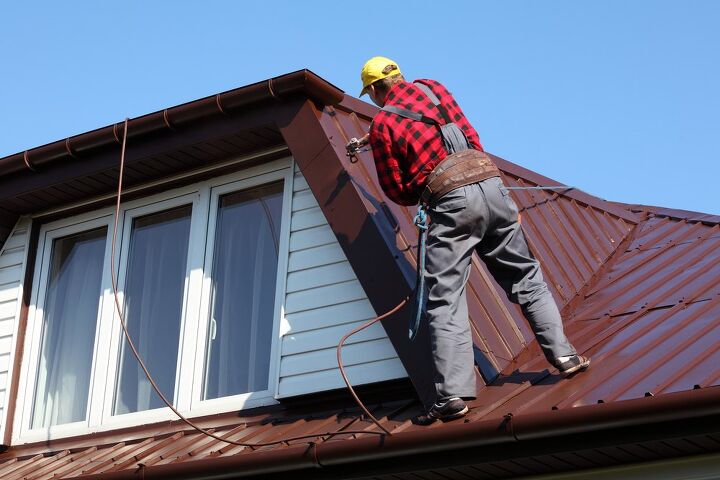






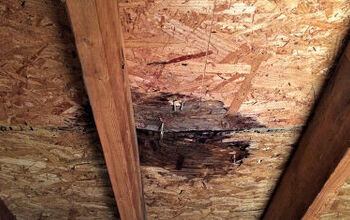
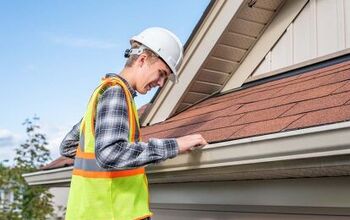
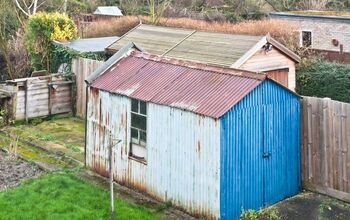

![10 Best Electric Pressure Washers – [2022 Reviews & Guide]](https://cdn-fastly.upgradedhome.com/media/2023/07/31/9070600/10-best-electric-pressure-washers-2022-reviews-guide.jpg?size=350x220)

